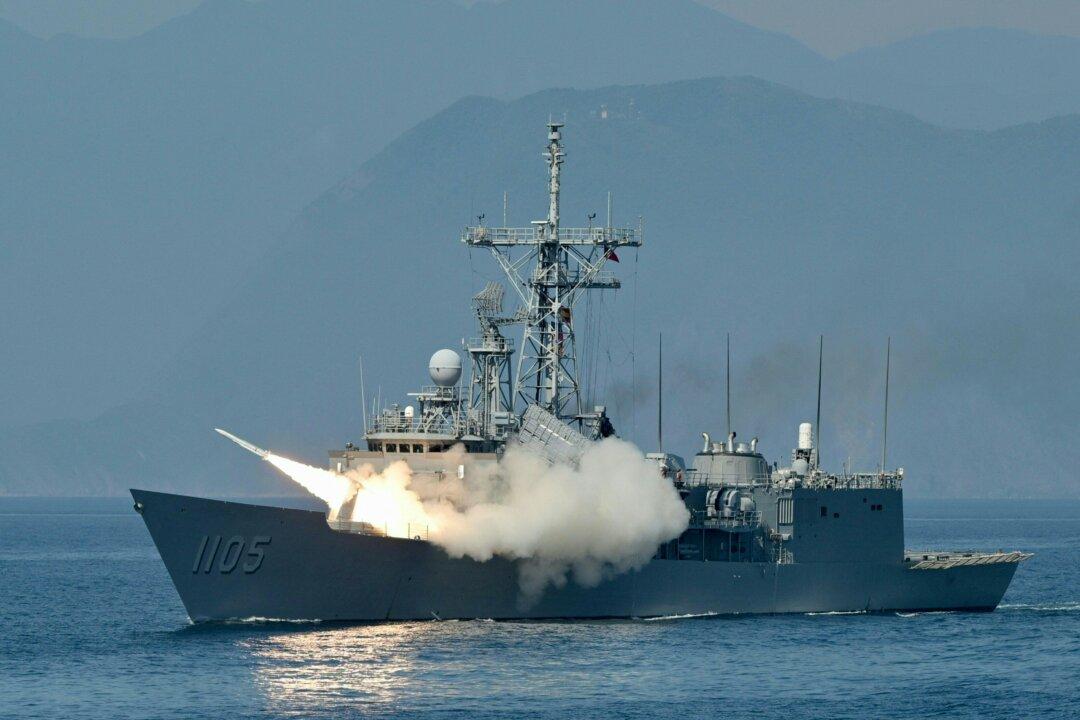Taiwan could defend its de facto independence from an amphibious invasion by China, according to the results of a new wargame. The United States would need to be a player in the war, however, and losses to life and materiel would be immense on all sides.
The wargame was developed by the Center for Strategic and International Studies, a security-focused think tank, and played over 24 iterations in a wide variety of scenarios.




